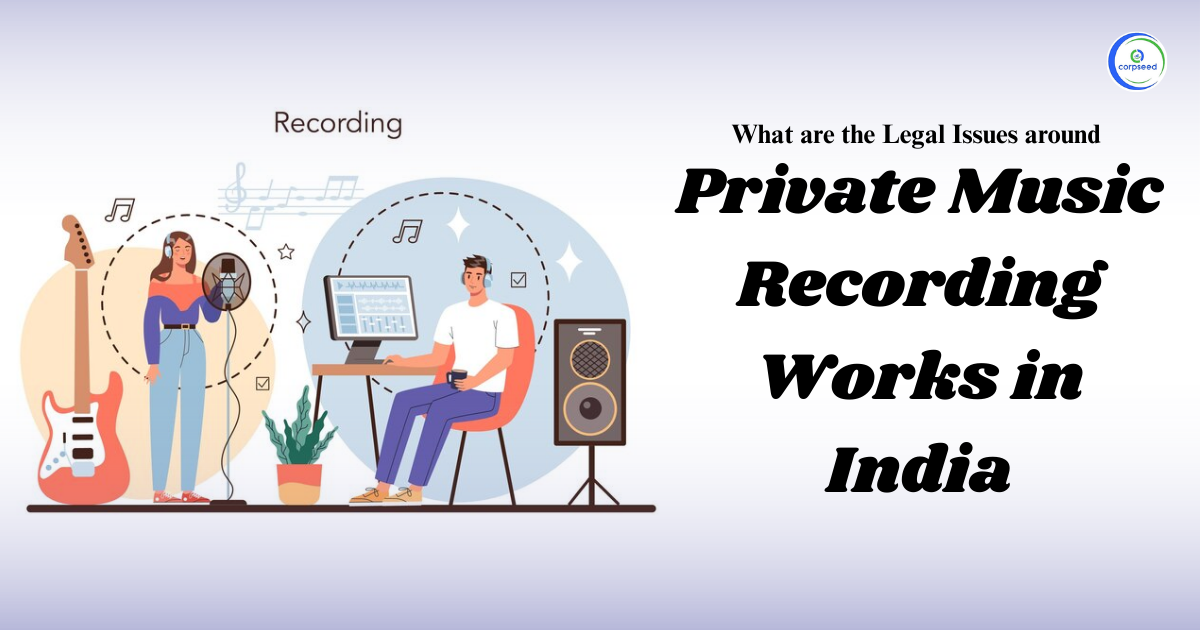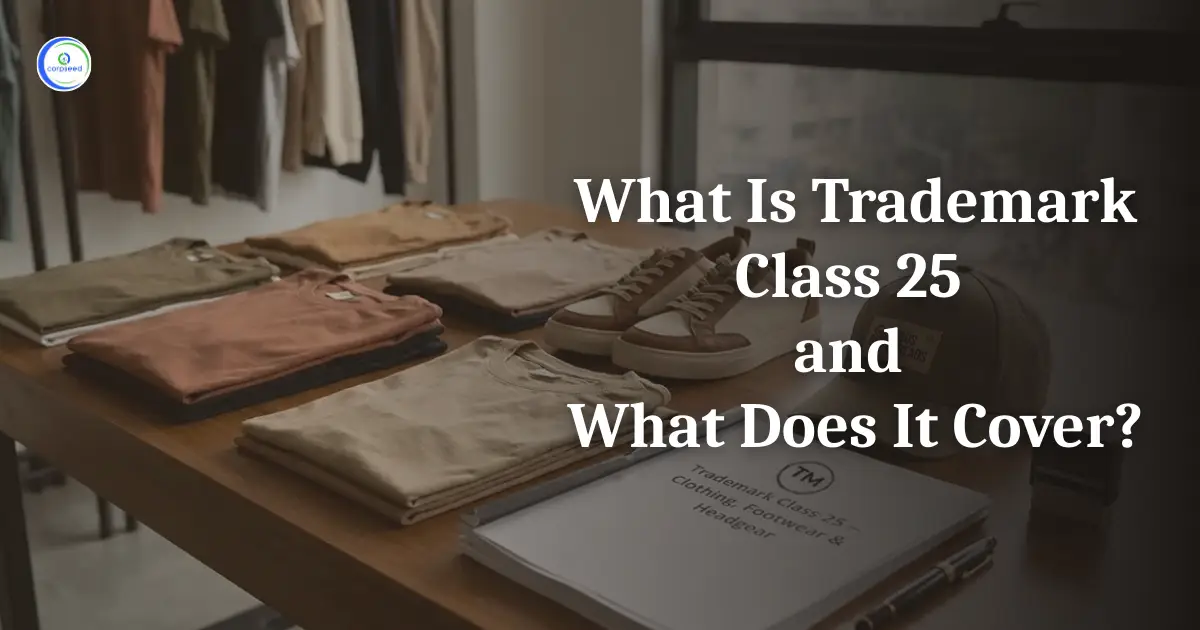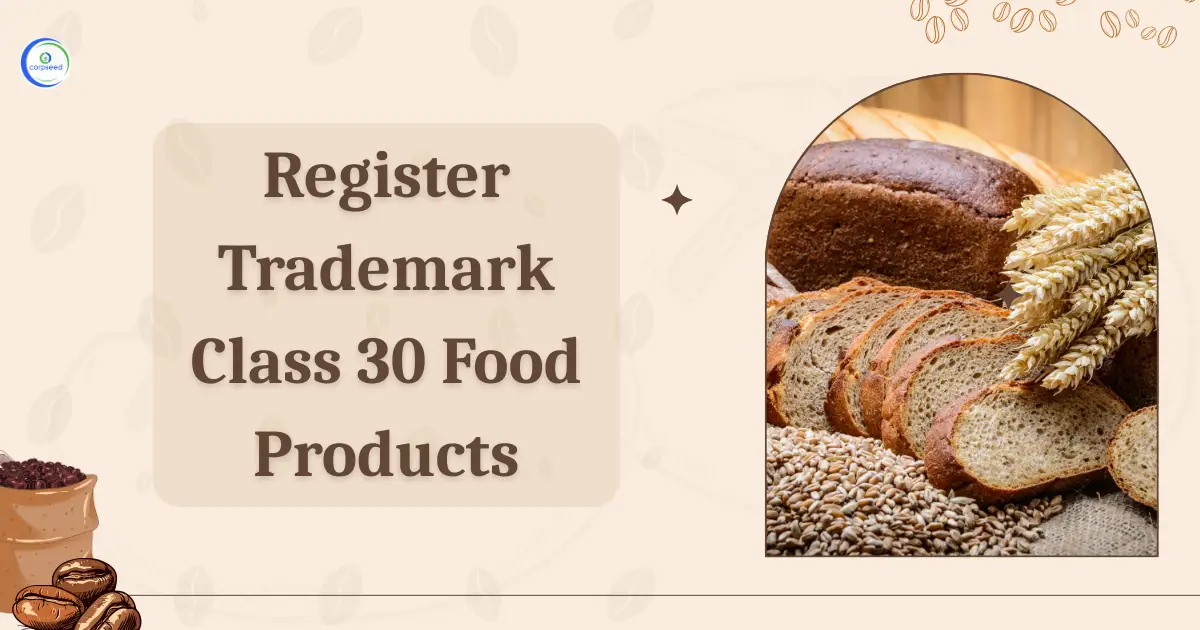Music helps artists express creativity. Today, many musicians record songs at home with simple tools such as a microphone, laptop, headphones, and recording software. This makes music production easy and low-cost. But when artists make music, some important laws must be followed. These laws protect the music from theft and misuse. They ensure that artists receive credit and money for their work. If someone breaks these rules, they may face copyright claims, penalties, or removal of their content. So, understanding music laws is very important before sharing songs online or selling them in India.
Table of Contents
- What is Private Music Recording?
- Benefits of Private Music Recording
- Legal Rules for Private Music Recording in India
- Common Legal Problems in Home Music Recording
- Licensing and Permissions for Music Use
- Music Licensing Authorities in India
- How to Distribute Music Online Safely in India?
- How do Artists Earn Money from Their Music?
- Ownership Rights in Home Music Recording
- Privacy Rules in Home Recording
- Conclusion
--------------Blog Contact Form-------------
What is Private Music Recording?
Private music recording means making and saving music at home or in a small personal place instead of going to a big studio. Many people use simple tools like a microphone, headphones, and a computer to record their voice, instruments, or beats. They use special music software like DAW (Digital Audio Workstation) on the computer to create and mix songs. This method gives complete control to the artist over how the music sounds, when the recording takes place, and how long they spend perfecting each track. Private music recording has become very popular due to lower costs, easy access to technology, and flexibility in creativity. It supports both hobby musicians and rising professionals to experiment freely, develop music at their own pace, and share their work online with a global audience without needing large investments or studio bookings.
Benefits of Private Music Recording
Home recording supports the power that is more creative and comfortable. Many popular creators started from small home studios. It is beneficial because of:
- Low investment for setup
- Creative space without pressure
- Anytime recording without time limits
- Fast editing and corrections
- Easy online sharing of songs
- Building a personal brand through music posts
Legal Rules for Private Music Recording in India
Every music creation becomes protected the moment it is recorded or written. In India, music protection falls under:
Copyright Act, 1957
This law protects the original:
- Lyrics
- Melodies and tunes
- Audio recordings
- Beats and instrumental music
- Any original sound design
Artists automatically own their music once it is created. But registering a Copyright is advised for stronger legal proof.
Where to Register Copyright in India?
One should register the Copyright in:
- Copyright Office India
- Application through e-filing is available
Copyright gives artists the right to:
- Reproduce the work
- Publish it online or offline
- Perform it publicly
- Earn money through royalties
- Take legal action against copying
Common Legal Problems in Home Music Recording
Legal trouble may occur if:
- Beats or music are copied from another artist
- Cover songs are uploaded without a license
- Remixes are created without permission
- Copyright content is used in reels, shorts, or background music
- Music software plugins or samples are used without a proper license
If rules are ignored, platforms like YouTube or Instagram can:
- Delete songs
- Block channels
- Restrict monetization
- Issue copyright strikes
Licensing and Permissions for Music Use
When artists use music not made by them, they must take permission, called a license. In India, licenses are required for:
- Cover songs uploaded online
- Remixes of popular tracks
- Sampling beats or vocals from another song
- Using film or game background music
- Using paid sound effects or loops
Music Licensing Authorities in India
| Purpose | License Provider |
| Lyrics + Music Composition Rights | IPRS (Indian Performing Rights Society) |
| Sound Recording Rights | PPL India (Phonographic Performance Limited) |
| Movie Music Licensing | Music Labels like T-Series, Saregama, Sony |
Fair Use does not apply to music for personal channels or monetized uploads. Permission is compulsory.
How to Distribute Music Online Safely in India?
Once the music is ready, artists can publish it legally online using platforms like:
- Spotify
- Apple Music
- YouTube Music
- Amazon Music
- Instagram Reels
Independent musicians can use distributors:
- DistroKid
- TuneCore
- CD Baby
- Believe Music
- OKListen (India-based)
How do Artists Earn Money from Their Music?
When an artist shares a song online, they can earn money in different ways. Each time someone listens to the song on apps like Spotify or YouTube, the artist gets a small payment called streaming money. If the song is copied or printed in any form, the artist earns mechanical royalties. When the song is played in public places like events, malls, or restaurants, the artist receives public performance money. Sometimes, songs are used in movies, ads, or games. For this, artists get payment called sync money.
To make sure they get all their earnings on time, artists in India should register with two important groups: IPRS for publishing and performances, and PPL for the music recording rights. These groups help track the song and send the money to the artist safely.
Ownership Rights in Home Music Recording
When multiple artists work together, ownership must be clear.
| Role | Ownership |
| Lyric Writer | Owns the words/lyrics |
| Composer | Owns melody and tune |
| Producer | Owns final sound design |
| Singer | Owns recorded voice (unless contracted) |
Privacy Rules in Home Recording
When recording music at home, sometimes other sounds get recorded without anyone noticing. It could be someone talking in the background or personal things around the house. So, it is important to be careful. To keep everything safe:
- Do not record someone without asking them first
- Always take permission from anyone whose voice or face is included
- Be very careful when children are part of the recording
- Do not use private talks or personal information in the song
Conclusion
Private music recording continues to empower new and independent artists by providing freedom, creativity, and easy access to music production. Even though recording music at home is easy, artists must also stay safe under the law. Artists must follow copyright rules so no one can copy their music. If they use sounds or songs made by others, they should ask for permission first. When they create music with friends, everyone should decide who owns what part of the song. They should also keep their music files private and safe when posting online. By doing these simple things, artists can protect their work, stay out of trouble, and earn money from their songs without any fear. When creativity and legal awareness work together, private music recording becomes a safe and successful path for musicians to grow, build a brand, and share their music with global audiences.
This portion of the site is for informational purposes only. The content is not legal advice. The statements and opinions are the expression of author, not corpseed, and have not been evaluated by corpseed for accuracy, completeness, or changes in the law.
BOOK A FREE CONSULTATION
Get help from an experienced legal adviser. Schedule your consultation at a time that works for you and it's absolutely FREE.







.webp)

